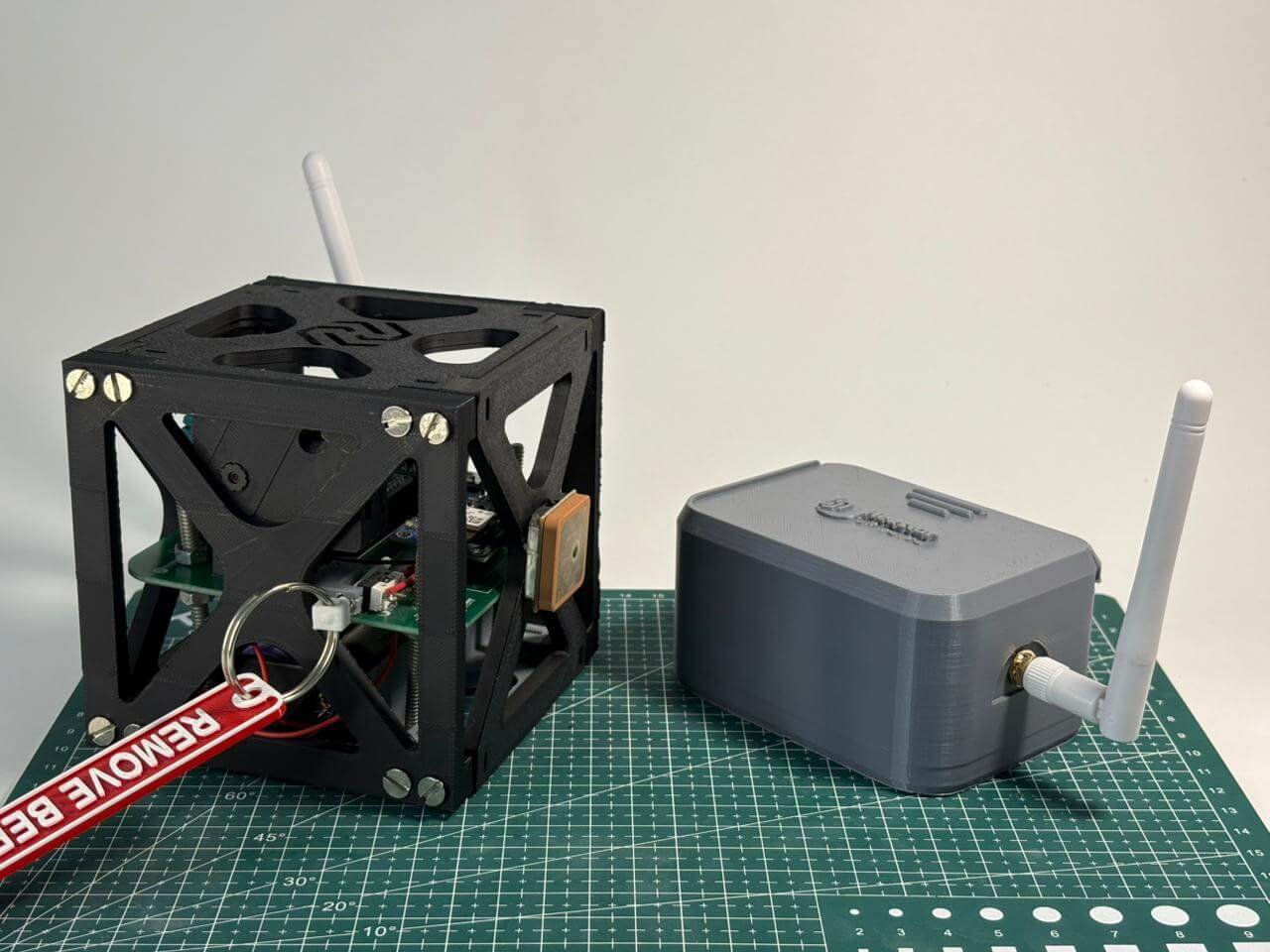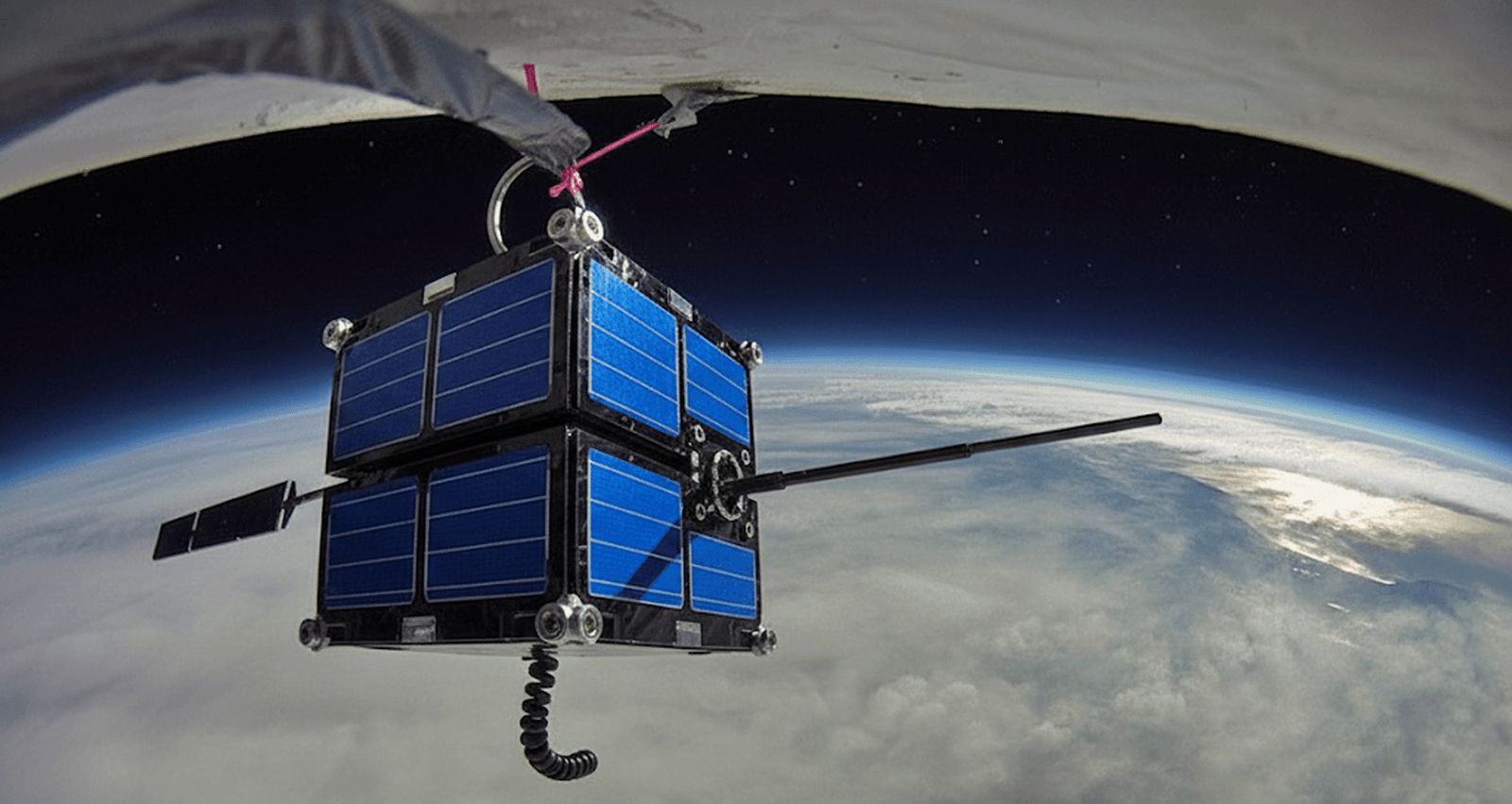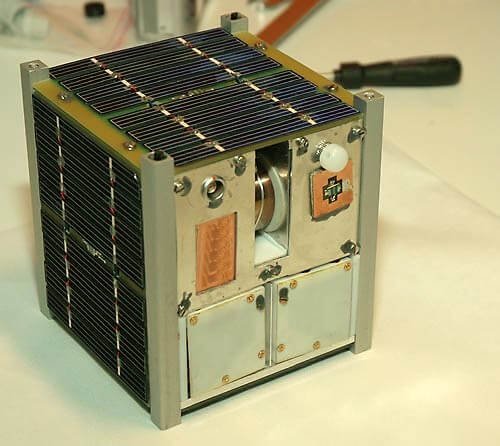Dreaming of a career at NASA? Whether you’re a student, a professional, or a space enthusiast, this guide will help you navigate the path to joining one of the world’s most prestigious space organizations. From educational requirements to networking tips, this comprehensive resource will set you on the right trajectory.
NASA’s mission is to explore space, advance scientific understanding, and innovate aerospace technology. By becoming a part of this esteemed institution we can contribute to cutting-edge research, engineering, and space exploration. This guide will provide you with all the essential information to help you achieve your dream job.
Educational Pathways
NASA seeks candidates with strong backgrounds in science, technology, engineering, and mathematics (STEM). The most sought-after degrees include:
- Aerospace Engineering
- Mechanical Engineering
- Computer Science
- Physics
- Mathematics
- Astrobiology
- Robotics
- Electrical Engineering
- Environmental Science
- Chemistry
Advanced degrees (Master’s or Ph.D.) in these fields can significantly enhance your chances of landing a job at NASA. Additionally, research experience and publications can strengthen your profile. Many professionals at NASA have pursued interdisciplinary studies, combining fields such as computer science with planetary science to contribute effectively to projects.
NASA also values candidates with experience in artificial intelligence (AI), machine learning, and data analytics, as these technologies play a crucial role in space exploration and research.
Recommended Universities and Programs
While NASA does not require degrees from specific institutions, attending a top-tier university with strong STEM programs can give you an advantage. Some of the best universities for aspiring NASA professionals include:
- Massachusetts Institute of Technology (MIT)
- Indian Institute of Technology (IIT) Bombay
- Indian Institute of Technology (IIT) Madras
- Indian Institute of Technology (IIT) Kanpur
- Indian Institute of Science (IISc) Bangalore
- Stanford University
These universities often collaborate with NASA on research projects, providing students with opportunities for hands-on experience and networking with NASA professionals.

Internship and Fellowship Opportunities
How to Secure Hands-On Experience
NASA offers various internships and fellowships to students and professionals, including:
- NASA Pathways Intern Program: A direct pathway to full-time employment at NASA.
- NASA DEVELOP Program: A training opportunity focusing on Earth science projects.
- NASA Summer Internships: Available for undergraduate and graduate students across multiple disciplines.
- NASA Postdoctoral Program (NPP): Open for Ph.D. holders to conduct cutting-edge research.
- NASA STEM Engagement Programs: These programs offer mentorship, training, and research opportunities for students at different education levels.
- NASA Innovation Challenges: Participate in competitions and hackathons that NASA sponsors, such as the NASA Space Apps Challenge, to showcase your skills.
To apply, visit NASA’s internship portal and ensure you meet the eligibility criteria, including academic performance and citizenship requirements. Many NASA internships require a minimum GPA and some prior experience in research or project-based learning.
Alternative Experience for Non-Students
If you’re not currently a student but still want to gain experience with NASA, consider the following options:
- Volunteer Work: Many NASA-related organizations and research groups welcome volunteers.
- Open Source Projects: Contributing to open-source software that NASA uses, such as NASA World Wind or Open MCT, can build credibility.
- Citizen Science Programs: Join NASA’s citizen science projects, such as the Planet Hunters or Asteroid Data Hunter, to contribute to real space research.
Application Process (For Indian Citizens and Students)
Step-by-Step Guide to Applying
Since NASA is a U.S. government agency, most of its job opportunities are restricted to U.S. citizens. However, Indian students and professionals can still engage with NASA through collaborations, research, and academic programs. Here are some ways to increase your chances of working with NASA:
- Higher Studies in the U.S.: Enrolling in graduate programs at U.S. universities with strong NASA affiliations can provide internship and employment opportunities.
- ISRO-NASA Collaborations: ISRO (Indian Space Research Organisation) collaborates with NASA on various projects. Working with ISRO in related fields may create opportunities to work alongside NASA professionals.
- NASA Research Fellowships: Some NASA fellowships allow non-U.S. citizens to participate if they are affiliated with institutions involved in NASA-funded research.
- International Space Programs: Participate in space programs that NASA supports, such as collaborations with international space agencies.
- Private Space Companies: Many private aerospace firms, such as SpaceX, Blue Origin, and Lockheed Martin, work closely with NASA and may offer indirect pathways for international applicants.
- Academic Exchange Programs: Engage in student exchange programs, Ph.D. collaborations, or postdoctoral research positions funded by NASA-affiliated universities.
- Apply for the NASA International Internship (I²): Some non-U.S. citizens can apply for this program if their country has an agreement with NASA.
- Work in Related Fields: Building expertise in aerospace, robotics, AI, or planetary science may lead to research opportunities in projects funded by NASA.
NASA’s hiring process is highly competitive, with strict evaluation at every step. Research the job description thoroughly and tailor your resume and cover letter to highlight the skills and experiences that align with NASA’s mission and needs.
Success Stories
Inspiring Journeys of NASA Employees
Hearing from those who made it to NASA can provide valuable insights and motivation. Here are a few examples:
- Dr. Swati Mohan – Aerospace engineer who played a key role in NASA’s Perseverance rover landing.
- Katherine Johnson – A mathematician whose calculations were critical to early space missions.
- Dr. Mae Jemison – The first African American woman in space.
- Jim Bridenstine – A former NASA administrator who helped push the Artemis program forward.
Reading about these individuals can help you understand the diverse paths that lead to NASA careers and inspire you to take the necessary steps to achieve your own goals.
Networking and Skill Development
Building a Robust Professional Network
- Join Professional Organizations: IEEE, AIAA, and other space-related societies.
- Attend NASA Events: Participate in webinars, conferences.
- Engage on LinkedIn: Connect with current NASA employees and recruiters.
- Develop Technical Skills: Gain expertise in programming, data analysis, and space systems.
- Collaborate on Research Projects: Universities and private organizations often work on NASA-funded projects.
Frequently Asked Questions
Can Indian students apply for NASA internships?
Yes, Indian students can apply for the NASA International Internship program if their country has an agreement with NASA. Additionally, studying in the U.S. at a NASA-affiliated university increases internship opportunities.
What courses should Indian students pursue to work at NASA?
Degrees in Aerospace Engineering, Computer Science, Physics, Mathematics, and other STEM fields from institutions like IITs, IISc, and top international universities can increase your chances.
Does NASA hire Indian citizens directly?
NASA primarily hires U.S. citizens, but Indian professionals can collaborate with NASA through ISRO, research fellowships, and private aerospace companies.
How can Indian students improve their chances of working at NASA?
Gaining research experience, participating in space-related competitions, publishing papers, and networking with NASA professionals can enhance your profile.
Are there alternative career paths in space exploration for Indian students?
Yes! Indian students can explore opportunities with ISRO, private space startups, international space agencies, and space research institutions.








